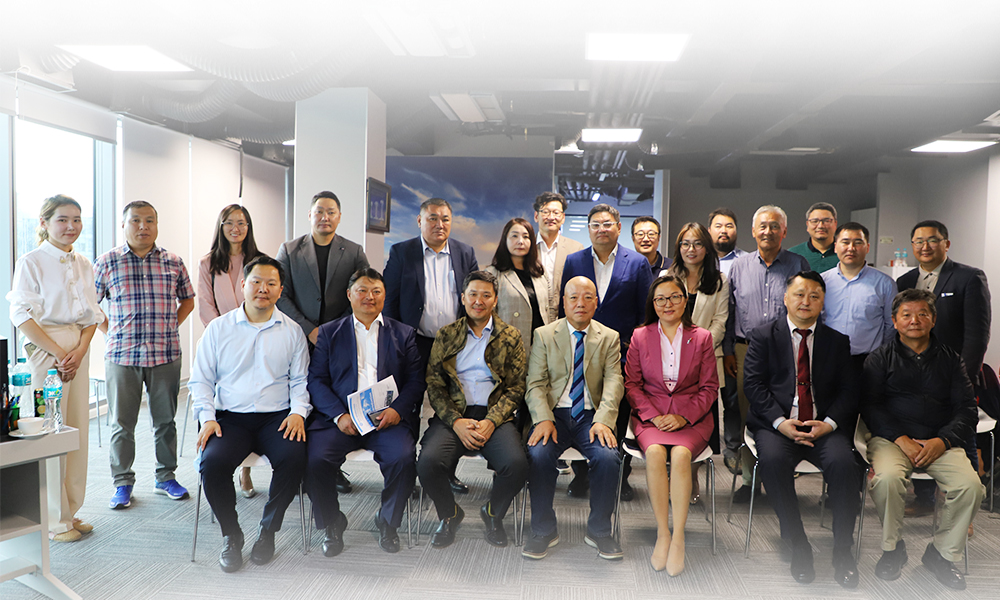On August 5, 2022, the Research and Development Center of Bodi International LLC signed a memorandum of understandingwith the National University of Mongolia, Gobi Infrastructure Partners, and the Chinese Beijing Consen Traffic Technology companies.
The R&D Center serves as a knowledge bridge to domesticate international best practice based on the modern railways, businesses, and management.
By launching this cooperative endeavor with the National University of Mongolia, a new generation of young people can participate in exchange programs and events, learn from foreign experiences and engineering skills, apply what they have learned, grow together, and have mentors.
During the signing of the memorandum of understanding, the Director of the National University of Mongolia, Ochirkhuyag B., emphasized that “universities and domestic companies cooperate in research work, and from there, innovation, new ideas, and opportunities for students to learn and develop are created.”
In addition, the R&D center is starting cooperation in the direction of research and development with Beijing Consen Traffic Technology company, which has many years of experience in the railway industry of China. In doing so, the Mongolian company is unique in that it creates the opportunity to partner with international organizations in the fields of railways, mining, business, and management, in order to conduct joint research and exchange mutual experience.
Xiao Baodi, Director of Beijing Consen Traffic Technology, clarified that the first work to be done within the framework of cooperation is “Automatic Train Protection (ATP): the development of an automatic system that always monitors the speed of trains and stops them safely.”
This event is not only a major form of cooperation based on the partnership of Mongolian-Chinese private sector companies, but also facilitates the development of railway relations between the two countries to a new level.
Major advances in developed countries always rely on research and development centers to improve their operations and products. Therefore, the center is of great importance for the training and experience of young personnel of Mongolia and the future. For example, in India, which boasts strong economic growth, there are about 1,140 R&D centers comprising approximately 900,000 employees, which makes India the leading innovation zone in Asia and the second largest in the world.

